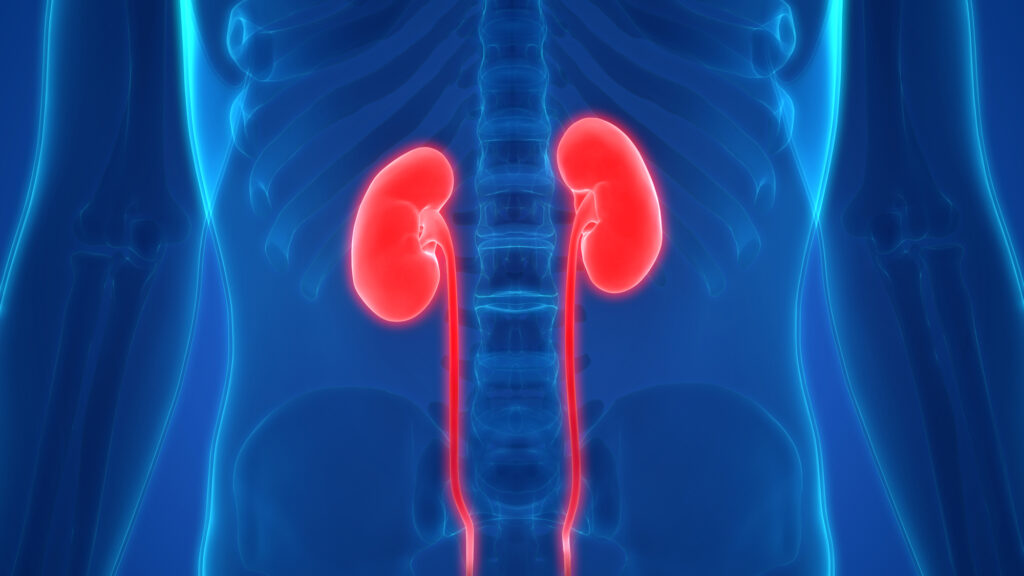Omega-3 fatty acids from seafood and oily fish — not plants — are linked with a reduced risk of chronic kidney disease (CKD) and a slower decline in kidney function, according to a study published in The BMJ.
Estimates show that CKD afflicts 700 million people in the world, causing kidney failure and even death. Kidney damage can start years before symptoms appear. Several factors increase CKD risk, including diabetes, hypertension, cardiovascular disease, and a family history of kidney problems.
Omega polyunsaturated fatty acids (n-3 PUFAs) have been shown to support healthy kidney function in animals, but few human studies on the topic are available. For this analysis, researchers from The George Institute for Global Health and the University of New South Wales pooled data from 19 cohort studies done in 12 different countries, examining the association between n-3 PUFAs and CKD in adults.
Study Details
The research team looked at 25,570 participants between 49–77 with an average eGFR ranging from 76.1 to 99.8 mL/min/1.73 m2. A normal reading is 90-120 ml/min/1.73 m2; an eGFR score below 60 ml/min/1.73 m2 is indicative of CKD.
Over 11 years, 19 percent of subjects (4,944) developed CKD. After isolating common risk factors for CKD, including sex, race, BMI, age, smoking, alcohol consumption, exercise, heart disease, and diabetes, scientists found that higher intakes of n-3 PUFAs from seafood were linked with an 8% reduced risk of developing CKD. Participants with total n-3 PUFA levels (from seafood) in the highest fifth had a 13% reduced risk of CKD compared with those in the lowest fifth.
Plant-based omega-3s (ALA) were not associated with a lower risk of CKD.
Researchers used the following biomarkers:
- eicosapentaenoic acid (EPA),
- docosahexaenoic acid (DHA),
- docosapentaenoic acid (DPA)
- alpha-linolenic acid (ALA)
Study subjects with higher total seafood n-3 PUFAs, particularly DHA, also experienced a slower annual decline in their eGFR score.
“Although our findings do not prove a causal relation between seafood n-3 PUFAs and CKD risk, they are supportive and consistent with current clinical guidelines that recommend adequate intake of seafood as part of healthy dietary patterns, especially when seafood replaces the intake of less healthy foods,” the study authors wrote. “Further randomized controlled trials are warranted to assess the potential beneficial role of seafood n-3 PUFAs in preventing and managing CKD.”
According to The Global Organization for EPA & DHA Omega-3s (GOED), some of the best fish sources of omega-3s are salmon, tuna, mackerel, pollock, sardines, anchovies, herring, mackerel, capelin, and hoki. Dungeness crab and lobster, oysters, clams, scallops, and shrimp are good shellfish choices.
Conclusion
In this large de novo pooled analysis across 19 cohorts with more than 25000 patients, higher seafood n-3 PUFA levels were associated with a lower incident CKD risk and a slower decline in renal function. Although the magnitude of these associations was modest, our findings suggest adequate consumption of seafood and oily fish should be part of healthy dietary patterns. Additionally, further randomized controlled trials are warranted to assess the potential beneficial role of seafood n-3 PUFAs in preventing and managing CKD.






